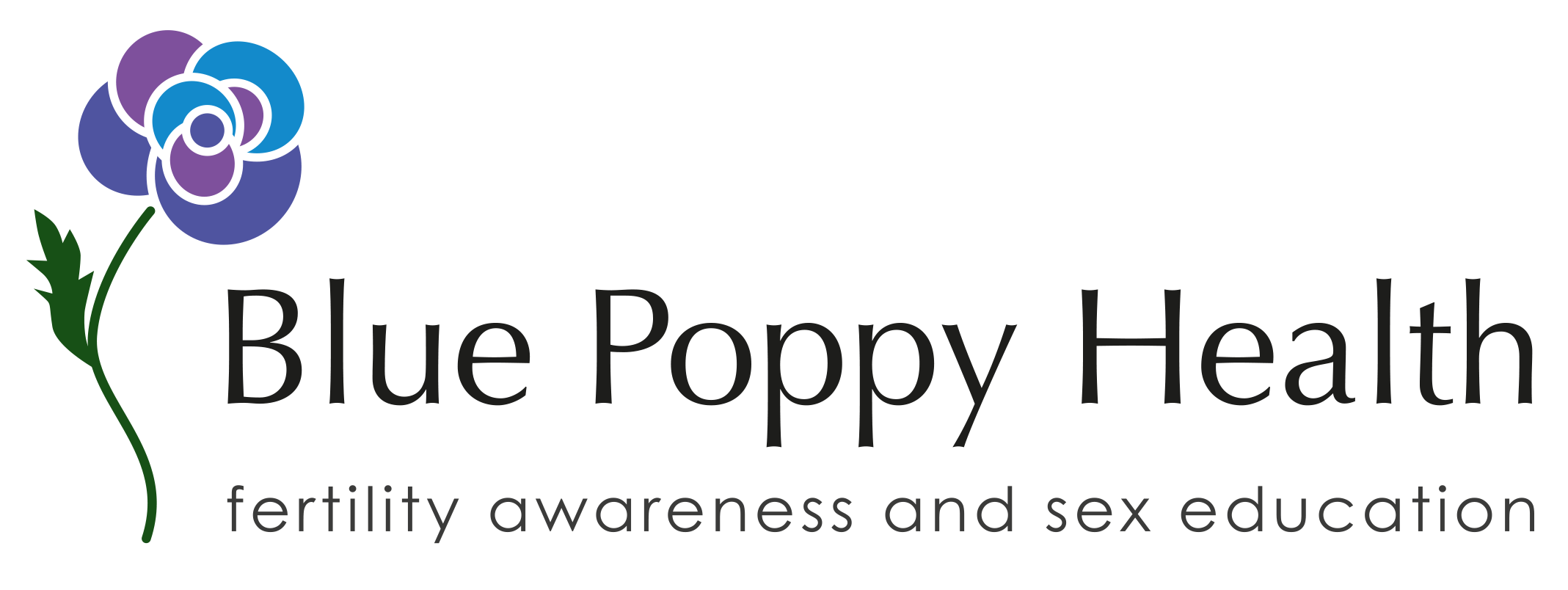 Today (December 1) is World AIDS Day. A day to remember that people around the world are still living with HIV and still dying from AIDS-related illnesses.
Today (December 1) is World AIDS Day. A day to remember that people around the world are still living with HIV and still dying from AIDS-related illnesses.
How is HIV related to fertility awareness? All women have decisions to make regarding contraception, planning for pregnancy, being sexual with their partners, and their relationship with their bodies, and these are all impacted by living with HIV.
Women living with HIV may experience their periods differently than those without HIV. For example, the amount of virus in their body and how they respond to HIV medication could affect the amount of flow, cramps, regularity of their cycles, or even how fertile they are. There’s not a lot known about it, but it definitely has an effect (see here for more info).
One thing in particular that fertility awareness can help women with is planning for pregnancy if only one person in the couple is living with HIV. In this situation, many will choose to have unprotected sex in order to conceive a child.
If the partner living with HIV is taking medication, and the virus is suppressed in their body, the chance of passing the virus between them is very small, however it’s not zero. Because of this, understanding the woman’s menstrual cycles and when she is fertile will allow them to limit unprotected sex to exactly the time where they are most likely to conceive.
There are other things that can be done to reduce the chance of transmission to a partner. There is medication called pre-exposure prophylaxis (PrEP) that can be taken before unprotected sex to reduce the likelihood of transmission – however this may not be available/accessible or they may not be able to afford it. If the male partner is living with HIV and the woman is not, there is a procedure called sperm washing where they can separate the sperm and do artificial insemination – but again this may not be available/accessible or may be too expensive. If only the woman is living with HIV they can use the old fashioned turkey baster procedure, and not have unprotected sex, but even then knowing when she is fertile is important for this to be successful.
For these reasons, it is definitely useful for couples where one of them has HIV and they want to get pregnant, to learn fertility awareness so they know the best time to conceive a child so they can reduce their chances of passing HIV between them.
Something else I think is important is for us to acknowledge is that women are disproportionately affected by HIV compared to men. This is for many reasons. Some of them include that they are at greater risk for becoming infected due to the biology of transmission, they may not be able to negotiate condom use with their partners, and lack of access to health care and education can put them at greater risk. Here’s a great article if you want to read more.
Want to help? Make a donation. Want help? These organizations can answer your questions or ask me as I’ve done a lot of work in HIV education in the past.
Positive Women’s Network: Vancouver-based organization for women living with HIV.
AIDS Vancouver: Vancouver-based, have a telephone helpline.
YouthCo: Vancouver-based charity for youth living with HIV and hepatitis C.
Terrence Higgins Trust: UK HIV charity.
ACON: AIDS Council of New South Wales (Australia).
